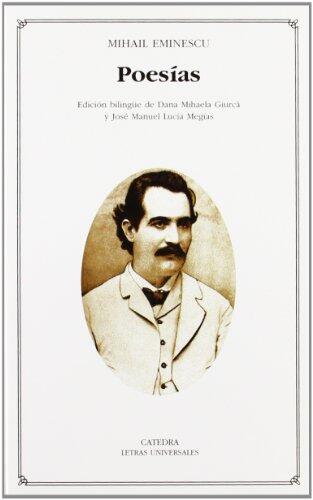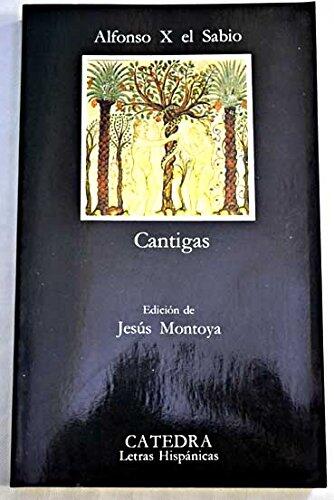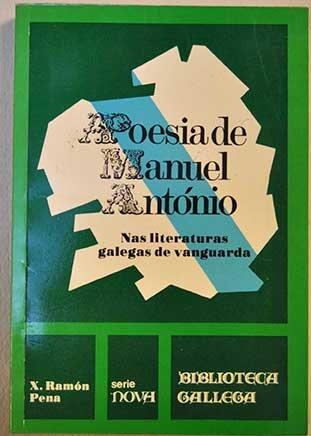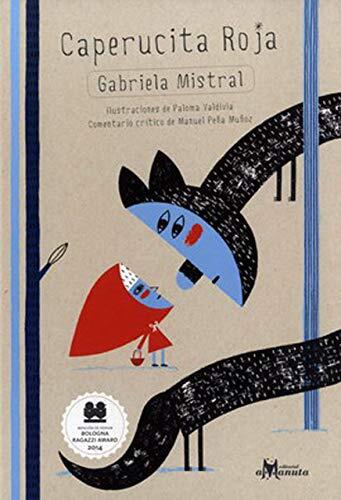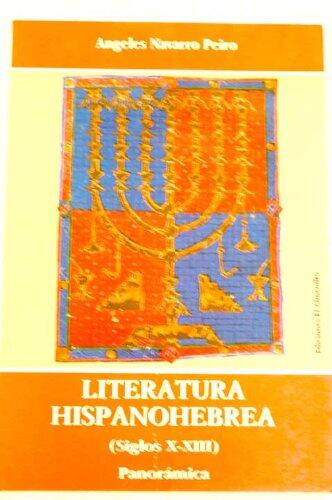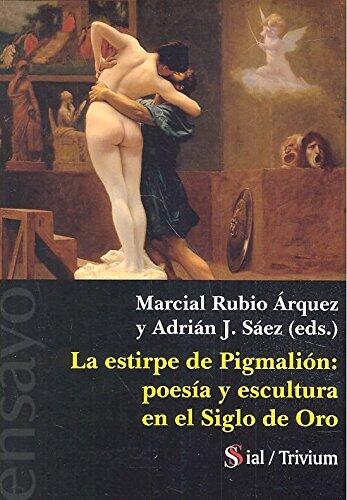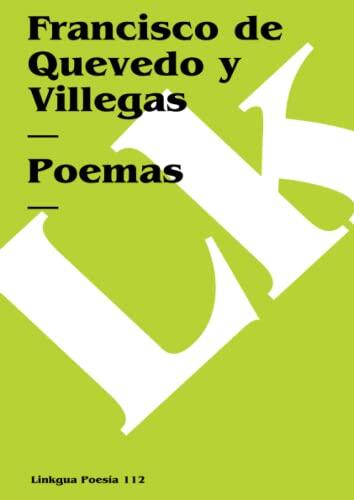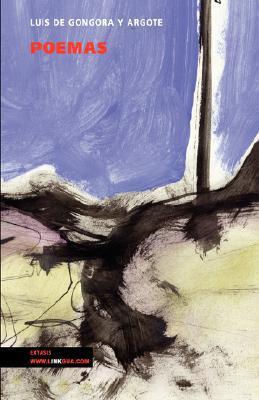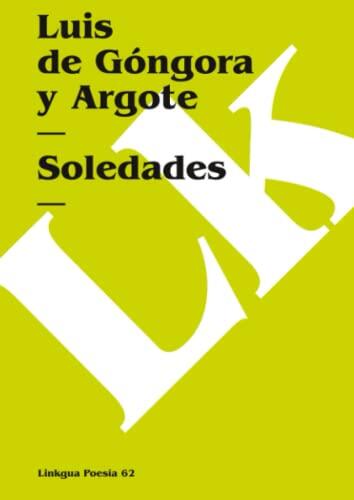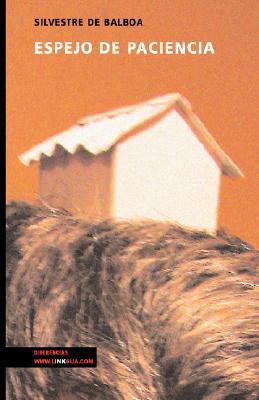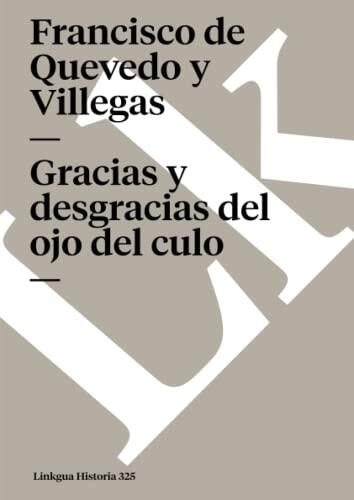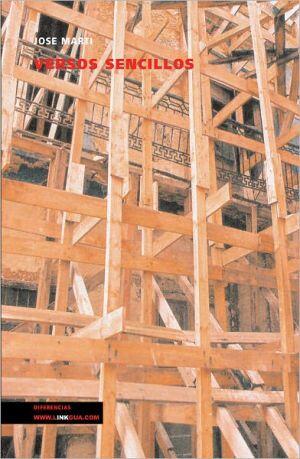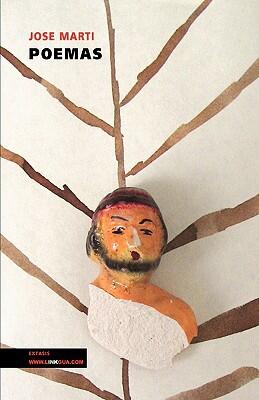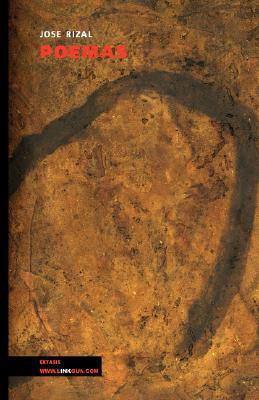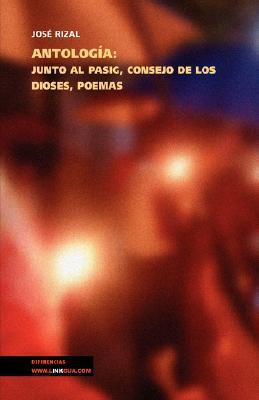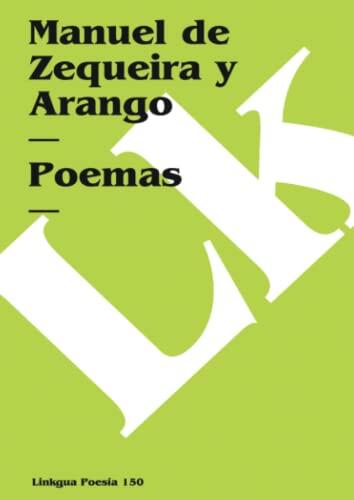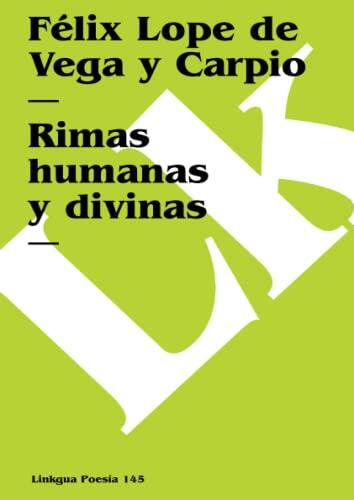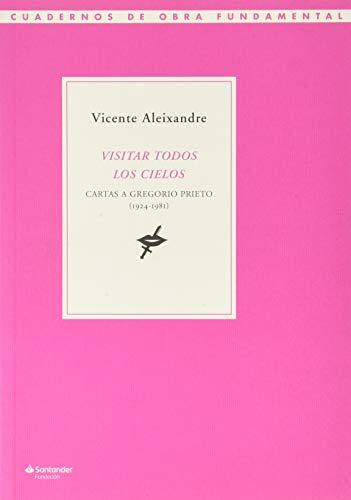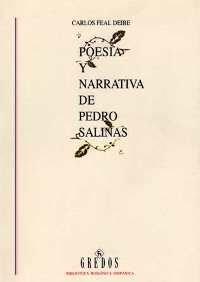
Poesia y narrativa de Pedro Salinas / Poetry and Narrative of Pedro Salinas
بواسطة
Carlos Feal Deibe
لا توجد تقييمات بعد
Poetry
تنسيق
غلاف ورقي
صفحات
326
لغة
الإسبانية
منشور
Jan 1, 2022
الناشر
Gredos
رقم ISBN-10
8424922530
رقم ISBN-13
9788424922535
الوصف
C. Feal Deibe delves into the intricate world of Pedro Salinas, a distinguished figure in Spanish literature, known for his profound poetry and narrative style. The work presents a nuanced exploration of Salinas's contributions, offering readers insights into the themes, emotions, and philosophical underpinnings that characterize his oeuvre. The interplay between his lyrical expressions and narrative techniques highlights Salinas's mastery of language and his ability to evoke deep emotional responses.
Throughout the exploration, Deibe emphasizes Salinas's unique perspective on love, existence, and the human condition. Each poem and story serves not only as a reflection of the author's experiences but also as an invitation for readers to engage with their own thoughts and feelings. The author meticulously examines how Salinas's work resonates with the broader currents of literary movements, making connections that enrich the understanding of his legacy.
As the narrative unfolds, readers are drawn into a rich tapestry of imagery and thought-provoking analysis. Deibe's scholarly approach fosters an appreciation for Salinas's artistry, encouraging a deeper engagement with the texts and revealing the layers of meaning embedded in his poetry and prose. This thoughtful exploration promises to captivate not only fans of Salinas but also those interested in the evolution of modern Spanish literature.
Throughout the exploration, Deibe emphasizes Salinas's unique perspective on love, existence, and the human condition. Each poem and story serves not only as a reflection of the author's experiences but also as an invitation for readers to engage with their own thoughts and feelings. The author meticulously examines how Salinas's work resonates with the broader currents of literary movements, making connections that enrich the understanding of his legacy.
As the narrative unfolds, readers are drawn into a rich tapestry of imagery and thought-provoking analysis. Deibe's scholarly approach fosters an appreciation for Salinas's artistry, encouraging a deeper engagement with the texts and revealing the layers of meaning embedded in his poetry and prose. This thoughtful exploration promises to captivate not only fans of Salinas but also those interested in the evolution of modern Spanish literature.
